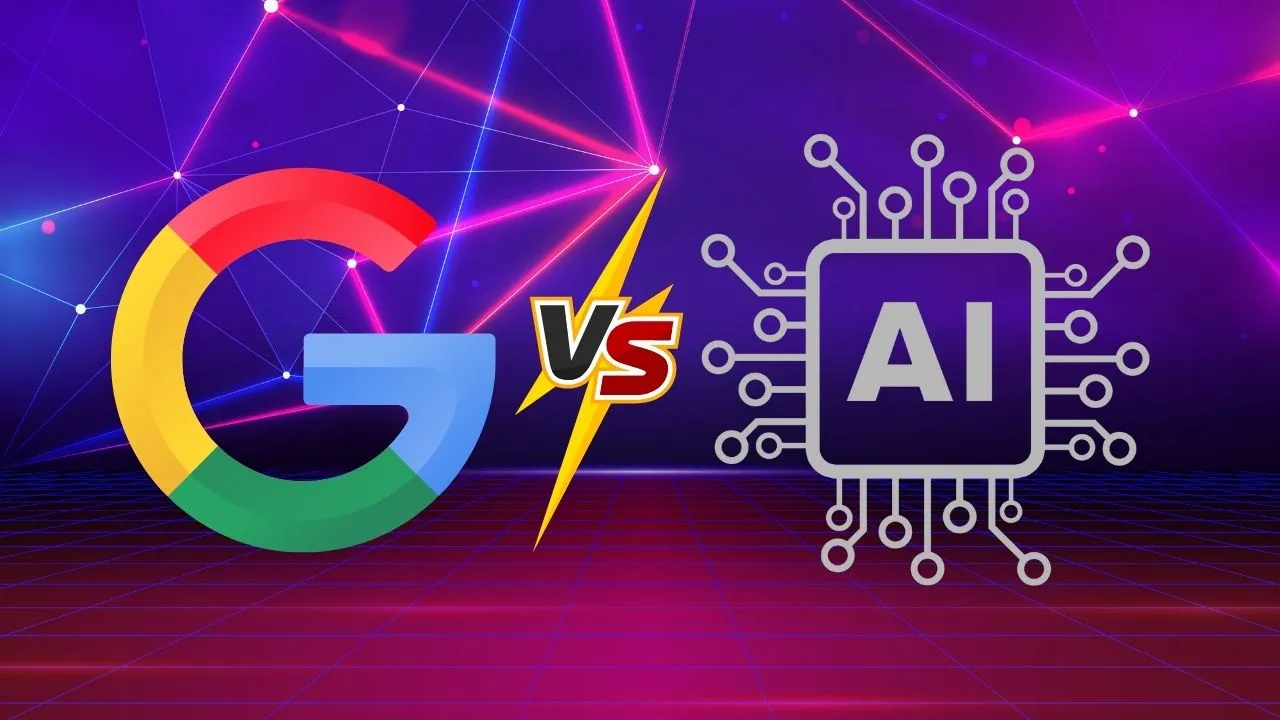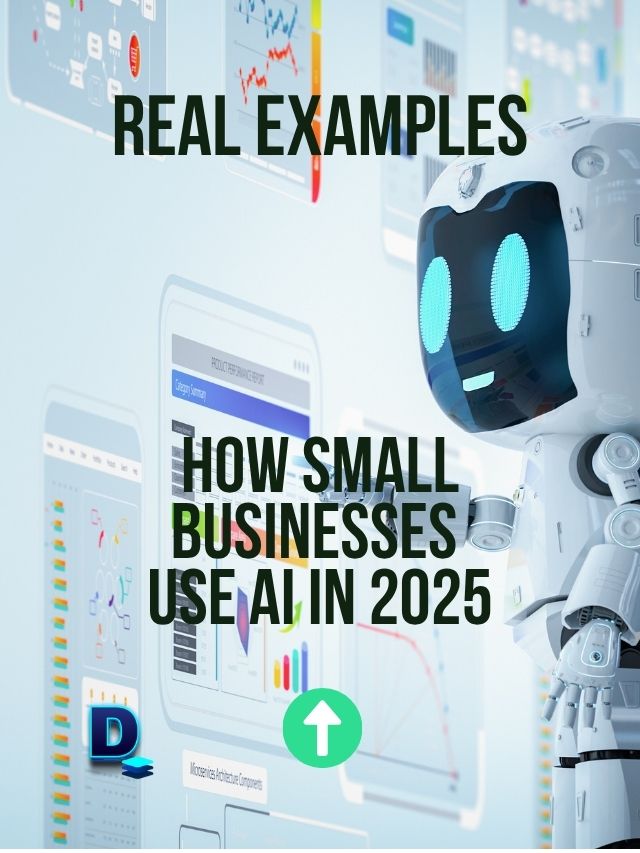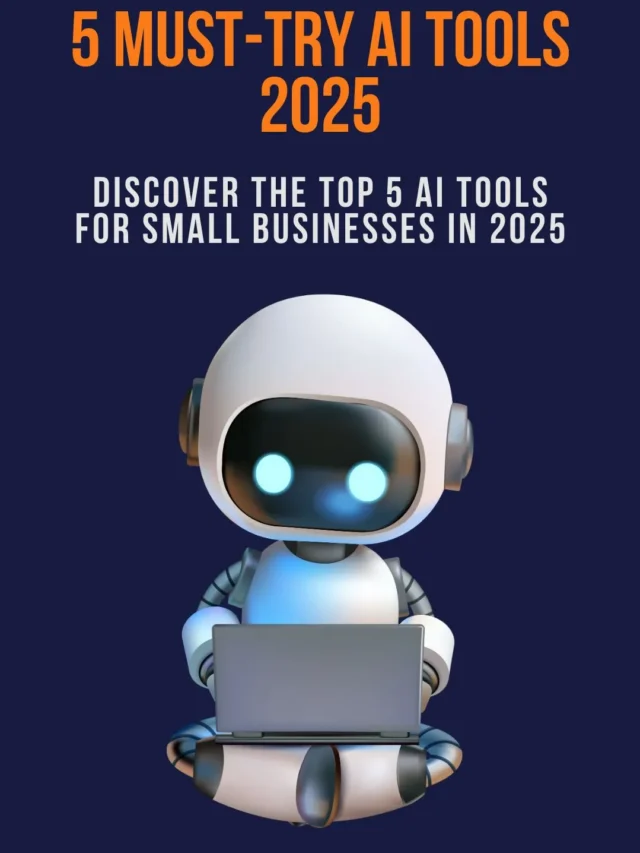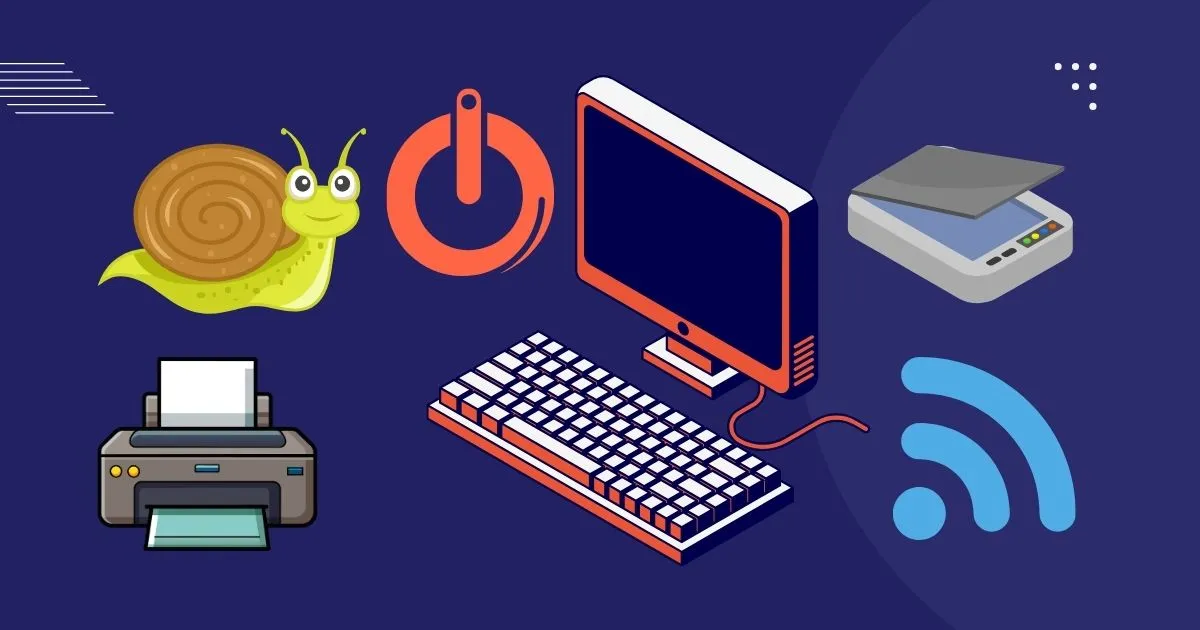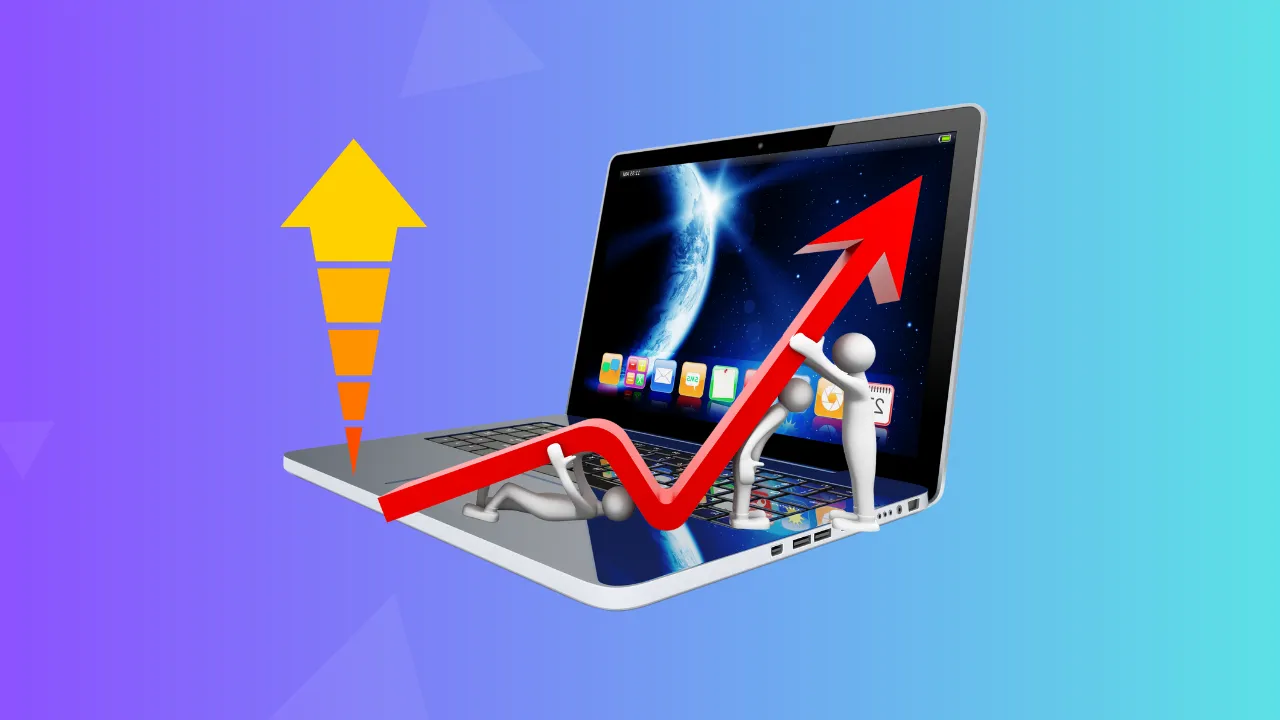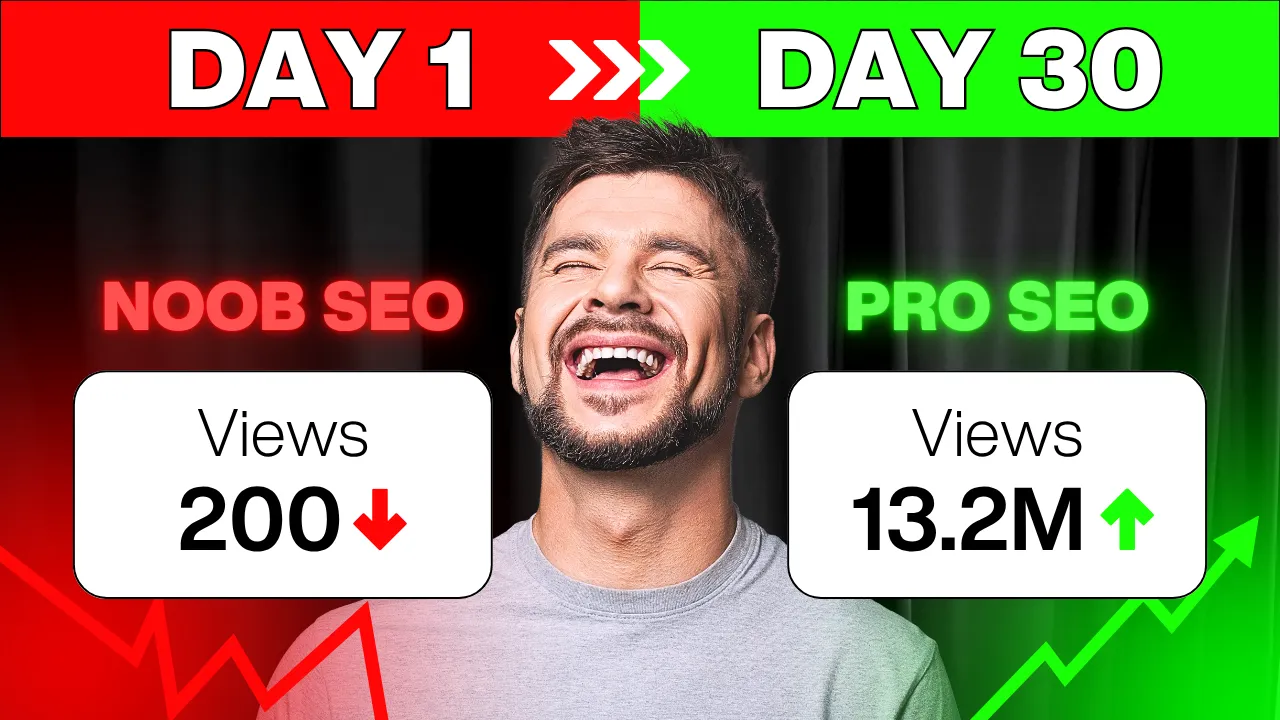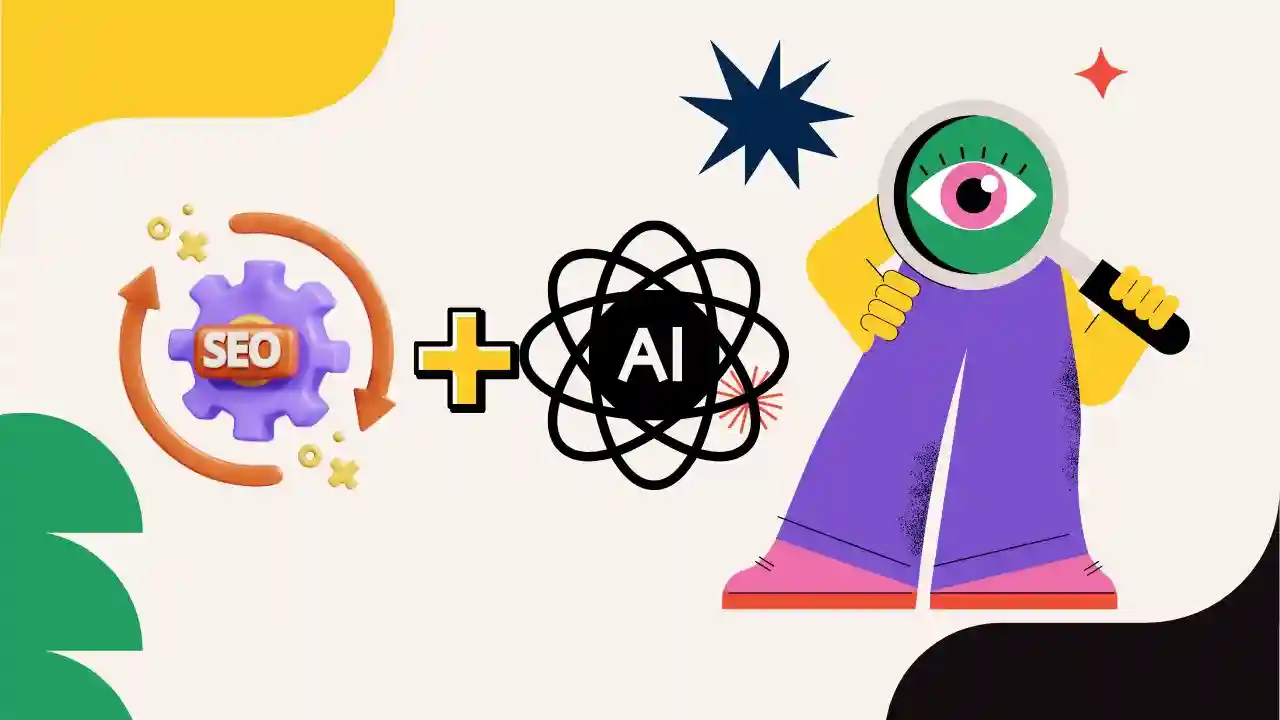OpenAI is preparing to disrupt the browser market with the launch of its own AI-powered Chromium browser — a strategic move that could directly challenge Google Chrome’s dominant position. By building on the robust Chromium browser framework, OpenAI aims to deliver a familiar yet significantly smarter browsing experience. Industry insiders suggest that this innovative Chromium browser may debut in the coming weeks, with the potential to completely transform how people search for information, interact with websites, and manage online tasks.
Read also: Creating User Profiles in Google Chrome: 5 Easy Steps
Table of Contents
Smarter Chromium Browser with Built-In ChatGPT-Like Features
Unlike traditional browsers that simply display websites, OpenAI’s new browser aims to embed artificial intelligence directly into the browsing experience. It’s designed to function more like a smart assistant than a passive gateway to web pages. Users could interact with the browser much like they do with ChatGPT — asking questions, summarizing pages, and even completing tasks without switching tabs.

Insiders reveal that the browser will include AI ‘agents’ capable of handling everyday online tasks. Imagine booking a flight, filling out complex forms, or making dinner reservations — all done automatically within the browser interface. If OpenAI’s browser reaches even a fraction of ChatGPT’s reported 500 million weekly users, it could pose a real threat to Google’s ad-based revenue model, which relies heavily on Chrome’s massive market share.
Read also: Gemma 2: Google’s Powerful New Open AI Model for 2025
Built on Chromium Browser – Open AI Browser Familiar Yet Different
According to multiple reports, OpenAI’s browser will be built on the Chromium open-source project — the same backbone behind Google Chrome, Microsoft Edge, and other popular browsers like Opera and Brave. This foundation means the new browser will feel familiar and compatible with most websites while offering a unique AI twist and tighter data controls.

This strategic move allows OpenAI Browser to customize how user data is collected and used. By owning the browser, OpenAI could gain valuable insights into user behaviour, helping refine its AI models and expand its services into more areas of daily life.
Read also: How to Make Money Online: Earn $300 a Day Using Facebook
Competition Is Heating Up
The AI browser market is already getting crowded. Upstarts like Perplexity and Brave have launched smart browsers with built-in AI search and summarization. The Browser Company, known for its Arc browser, is also betting on AI-driven navigation and personalized web experiences.
Despite Chrome’s commanding lead — with over 3 billion users and more than 60% of the global browser market — there’s still plenty of room for challengers. Apple’s Safari holds a distant second place with around 16% market share, and privacy-focused browsers like Brave continue to attract niche audiences.
Strategic Hires and Bold Moves
Fueling OpenAI’s browser ambitions are some notable hires. Last year, the company recruited senior Google engineers who were part of Chrome’s original team — a clear signal that OpenAI was serious about building its own browser. Reports even suggest that OpenAI once considered acquiring Chrome outright if Google were forced to sell it due to antitrust rulings.
Instead, OpenAI has chosen to build its own solution from scratch. This decision gives the company more freedom to design features, manage user data responsibly, and deeply embed AI into the user experience.
A Piece of a Bigger Puzzle
The upcoming browser is just one part of OpenAI’s broader push to integrate AI into everyday workflows. Earlier this year, the company acquired the AI hardware startup ‘io’ — co-founded by former Apple design chief Jony Ive — in a $6.5 billion deal. It’s all part of OpenAI’s vision to create a seamless ecosystem where AI assistants help users at every touchpoint — from devices to browsers and beyond.
One concept reportedly in the works is an AI agent called ‘Operator.’ This tool could transform the browser into an interactive co-pilot that helps users find information faster, complete tasks in real-time, and boost productivity without constant tab hopping.
Why This Matters for Google and the Future of Browsing
Google’s grip on the online advertising market depends heavily on Chrome directing users to Google Search. With its vast user base, Chrome acts as a critical funnel for ad revenue, which makes up the majority of Alphabet’s income. But legal clouds are forming over Google’s practices. In a recent antitrust case, a U.S. judge ruled that Google unlawfully dominates the search market, and regulators have hinted at possible divestitures — including Chrome.
If OpenAI’s new browser can attract a significant user base, it could divert traffic and ad dollars away from Google. That shift would not only challenge Chrome’s supremacy but could also reshape how advertisers, businesses, and everyday people use the internet.
Final Thoughts
The next generation of browsers won’t just be about speed and tab management — they’ll be about intelligence and interaction. OpenAI’s bold entry into the browser market shows just how fast AI is changing familiar tools. Whether it can truly dethrone Chrome remains to be seen, but one thing is clear: the battle for your browser window — and your data — is only just beginning.
What do you think about an AI-first web browser? Would you switch from Chrome to OpenAI’s alternative? Share your thoughts in the comments!
FAQ on Open AI Browser
What is OpenAI’s new browser?
OpenAI is developing an AI-powered web browser built on the Chromium codebase. It integrates ChatGPT-like features and smart AI agents to help users browse and complete tasks more efficiently.
How does OpenAI’s browser compare to Google Chrome?
While it’s built on the same open-source Chromium foundation as Chrome, OpenAI’s browser adds advanced AI features, privacy-focused data handling, and intelligent task automation.
When will OpenAI launch its AI browser?
Reports suggest OpenAI’s browser may debut in the coming weeks, but an official release date has not been confirmed yet.
Will OpenAI’s browser replace ChatGPT?
No. The browser will integrate ChatGPT-like AI capabilities but will serve as a separate product designed for smarter web browsing.
Why is OpenAI launching a browser?
By creating its own browser, OpenAI can control how its AI tools interact with users online and compete with Google’s ad-based browser ecosystem.

